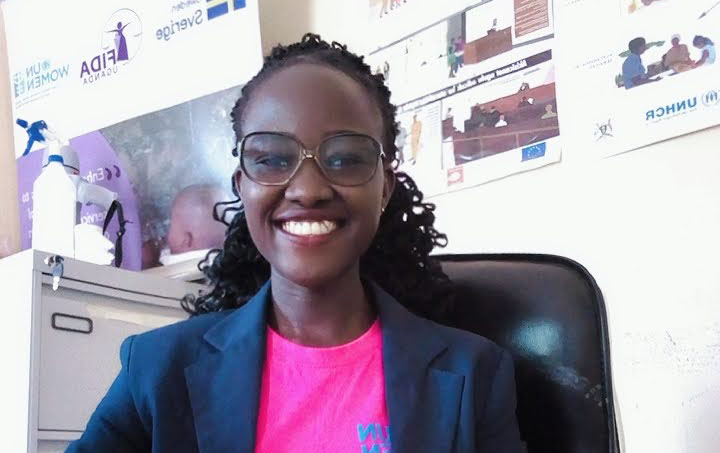Create a digital generation that will leave no girl behind
10th October 2021
Every girl has the potential to be an advocate for transformational change for gender equality, and with the new digital era, technology plays an integral role in forwarding this agenda.
PREMIUM Blogs
Esther Mercy Atim
By NewVision Reporter
Journalists @NewVision
1 views
By Esther Mercy Atim
October 11, is International Day of the Girl Child 2021, Uganda joins the rest of the world to commemorate the themed “Digital Generation. Our Generation”.
This theme emphasises

Comments